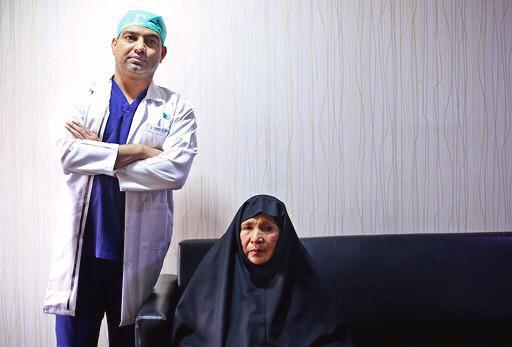New Delhi: People who trust social media platforms that include Facebook and Twitter for news are more likely to be misinformed about vaccines than those who rely on traditional media, according to a recent study.
It may lead to new ways of fighting fake medical information circulating online.
The study, published in the journal Harvard Kennedy School Misinformation Review, was based on a survey of nearly 2,500 US adults, and found that up to a fifth of respondents were at least somewhat misinformed about vaccines.
According to the researchers, including those from the University of Pennsylvania in the US, such a high level of misinformation is “worrying” since it undermines vaccination rates, which are required to be high to maintain the immunity of whole communities.
The research was conducted in the spring and fall of 2019, when the US experienced its largest measles outbreak in a quarter century.
Between the two survey periods, about 20 per cent of the respondents’ levels of vaccine misinformation changed in a substantive way and within that group, almost two-thirds were more misinformed in the fall than in the spring, the study noted.
It revealed that media consumption patterns helped to explain the change in misinformation levels.
Respondents who reported increased exposure to information about measles and the MMR (measles, mumps, and rubella) vaccine on social media were more likely to grow more misinformed about vaccines.
On the contrary, the study noted that those who reported an increased exposure to news accounts about these topics in traditional media were more likely to grow less misinformed about vaccines.
“People who received their information from traditional media were less likely to endorse anti-common vaccination claims,” said study lead author Dominik Stecula from the University of Pennsylvania.
According to the researchers, the result is consistent with earlier studies suggesting that social media platforms contain a fair amount of misinformation about vaccination while traditional media are more likely to reflect the scientific consensus on its benefits and safety.
The scientists also found that about 18 per cent of respondents mistakenly believe that vaccines may cause autism.
About five per cent of the participants, they said, agreed that it is very or somewhat accurate to believe that vaccines are full of toxins.
The scientists also found that vaccine misinformation proved resilient over time.










